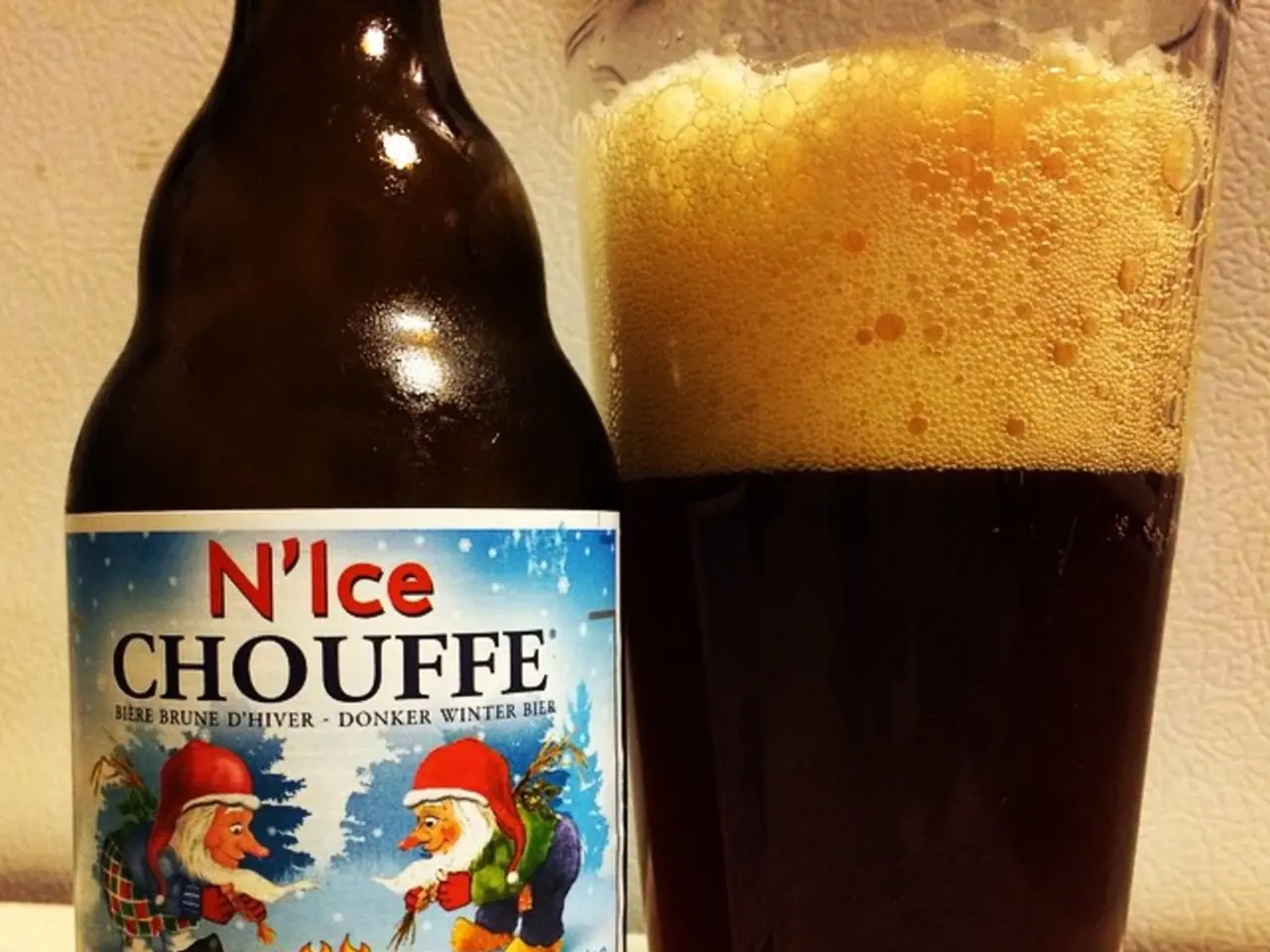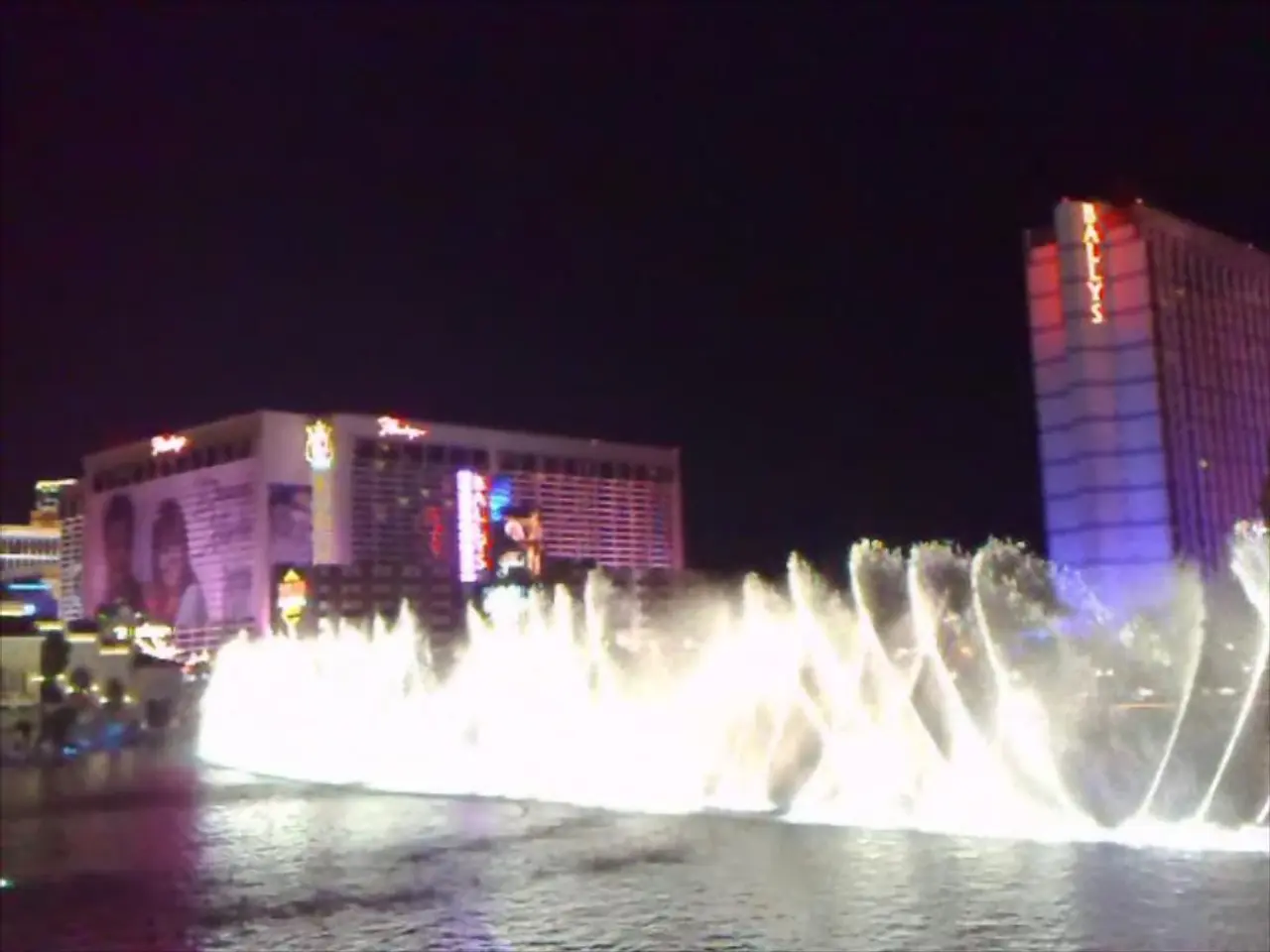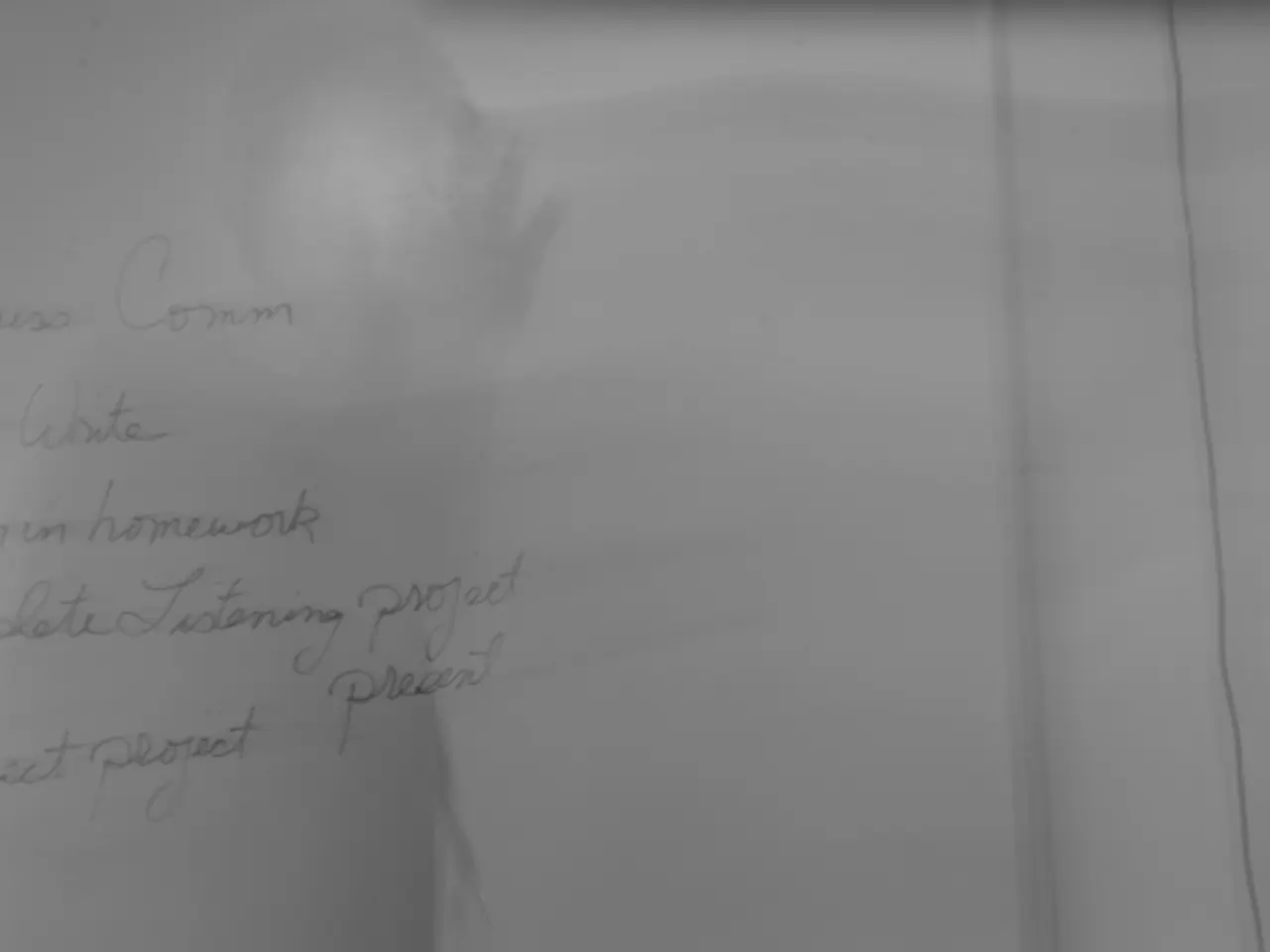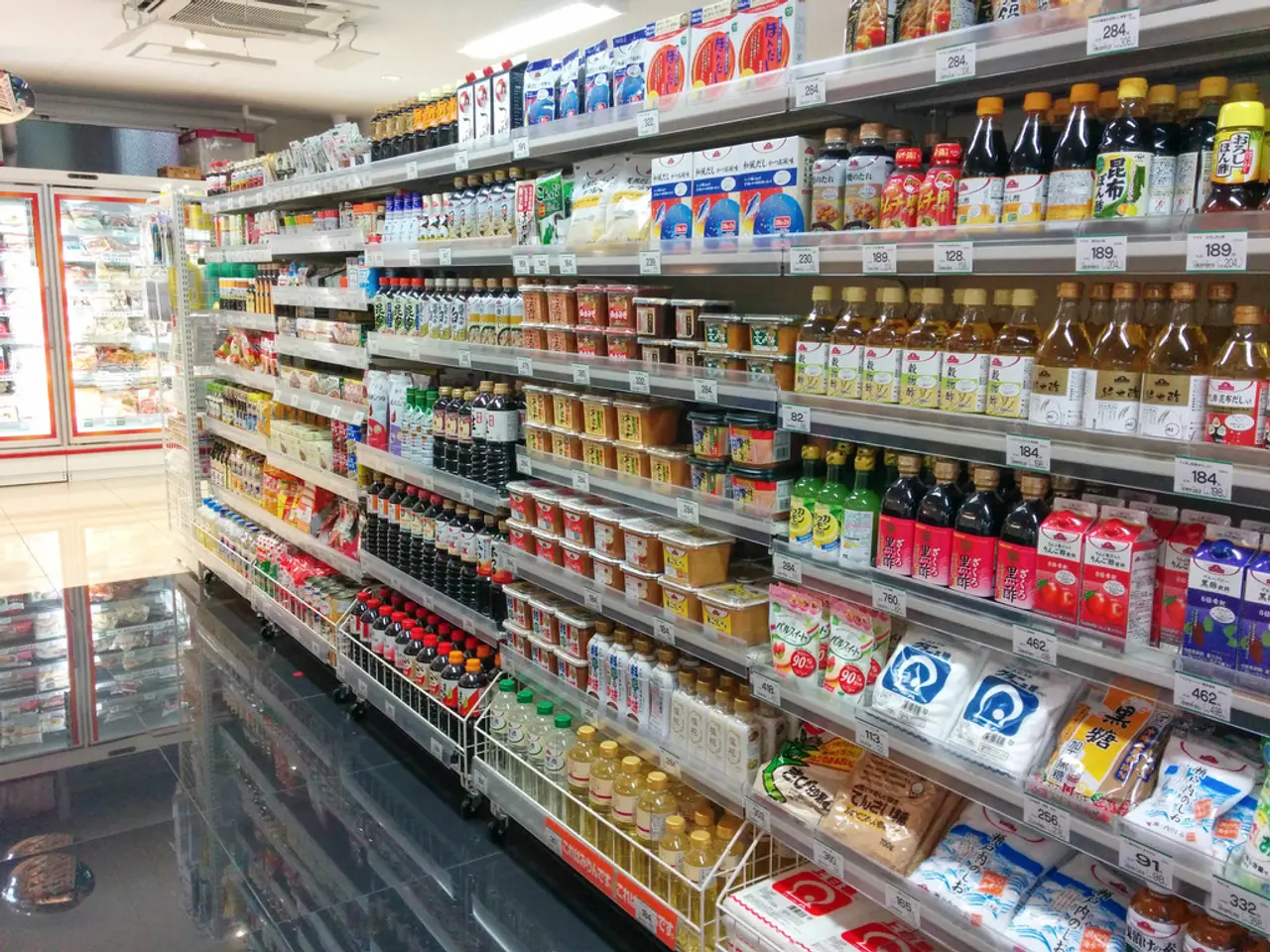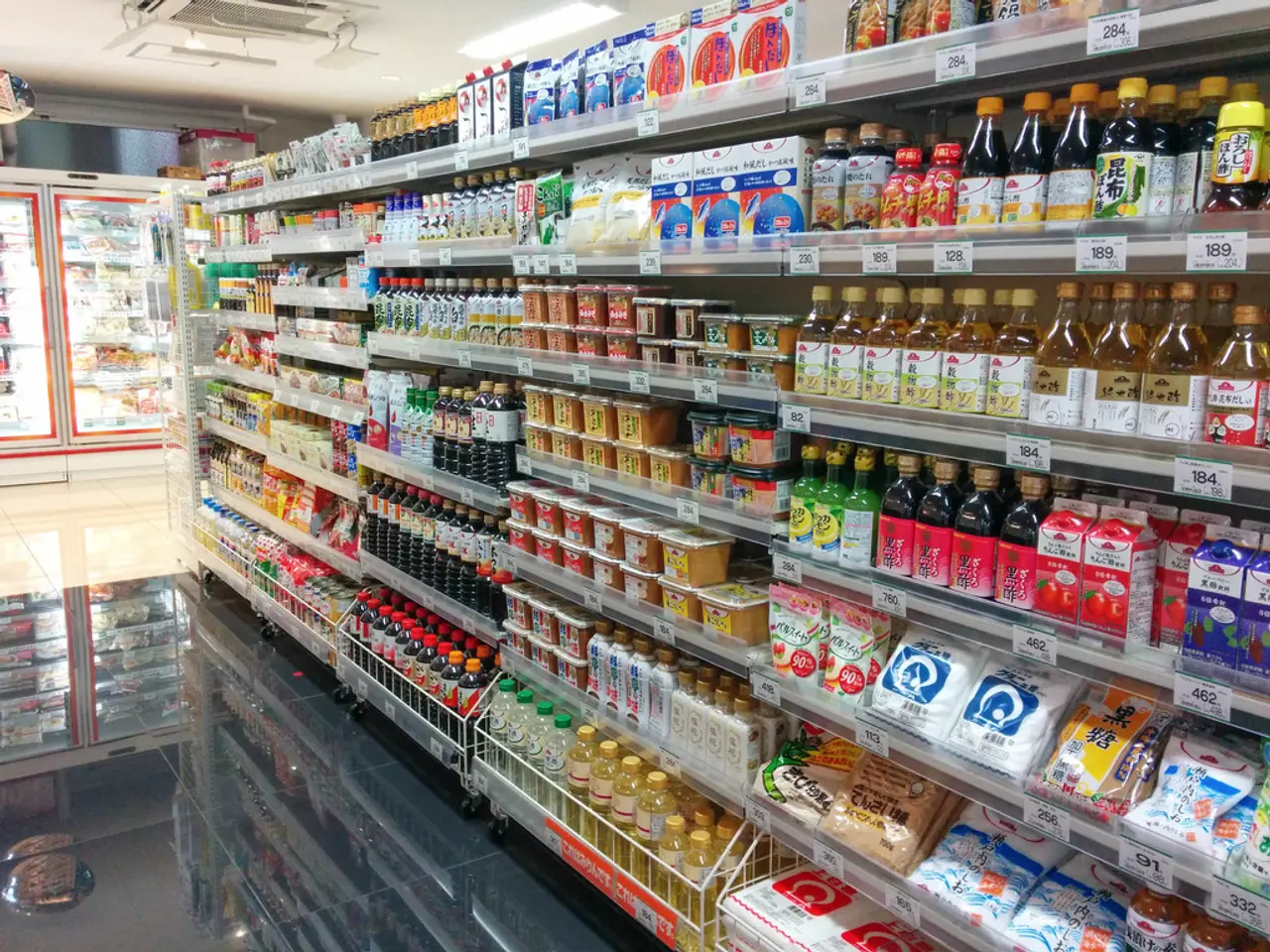Alcoholic beer is now deemed unsatisfactory
In Germany, the brewing industry is grappling with a decline in alcoholic beer consumption due to a combination of factors. A cultural shift towards health consciousness among younger generations, the impact of the COVID-19 pandemic, economic factors, and demographic changes are all contributing to this trend [1][3].
Younger consumers are increasingly preferring healthier or alcohol-free alternatives, leading to a marked decrease in traditional beer consumption. The pandemic has also reduced social drinking in pubs and beer gardens, further impacting sales. Economic factors such as inflation and an aging population are also playing a role, as they diminish consumers' purchasing power [4].
The increase in non-alcoholic beer production, almost doubling compared to ten years ago, is not enough to offset the decline in alcoholic beer production, which has decreased by about 14% since 2014 [3]. This shift has resulted in historic drops in beer sales, with the first five months of 2025 seeing a nearly 7% decline, the steepest since reunification [1][2].
In other news, the hospitality industry in Germany is still struggling to recover from the pandemic. Many businesses are still feeling the effects, with rising operating costs, inflation-adjusted declines in food and drink sales, and financial strain on many restaurants and pubs reducing out-of-home beer consumption [4].
Meanwhile, in Stuttgart, Germany, the city is aiming to be emission-free by 2035. To achieve this goal, private individuals must play a significant role [2].
Tragically, the death toll from the attack in Kyiv, Ukraine, has risen to 28. Rescue workers are still retrieving bodies from the site of the attack, a day after it took place overnight on Wednesday [1].
Lastly, a barn fire occurred in the Heilbronn district, causing damages estimated at 250,000 euros [1]. CEO Holger Eichele has stated that the brewing industry is feeling the impact of the poor consumer climate [2].
[1] https://www.reuters.com/business/germany-says-beer-sales-decline-nearly-7-first-five-months-2025-2021-06-03/ [2] https://www.dw.com/en/germany-aims-to-be-carbon-neutral-by-2045/a-58255705 [3] https://www.dw.com/en/german-beer-sales-hit-by-pandemic-and-health-trends/a-58154494 [4] https://www.dw.com/en/germany-s-hospitality-sector-still-struggling-to-recover-from-pandemic/a-58252442
- As a response to the declining alcoholic beer consumption, CEO Holger Eichele has stated that the brewing industry is feeling the impact of the poor consumer climate, with economic factors such as inflation and an aging population reducing consumers' purchasing power.
- In an attempt to adapt to the changing lifestyle trends, the increase in non-alcoholic beer production is not enough to offset the decline in alcoholic beer production, resulting in historic drops in beer sales, and the hospitality industry, still recovering from the pandemic, is also affected with rising operating costs and inflation-adjusted declines in food and drink sales.
